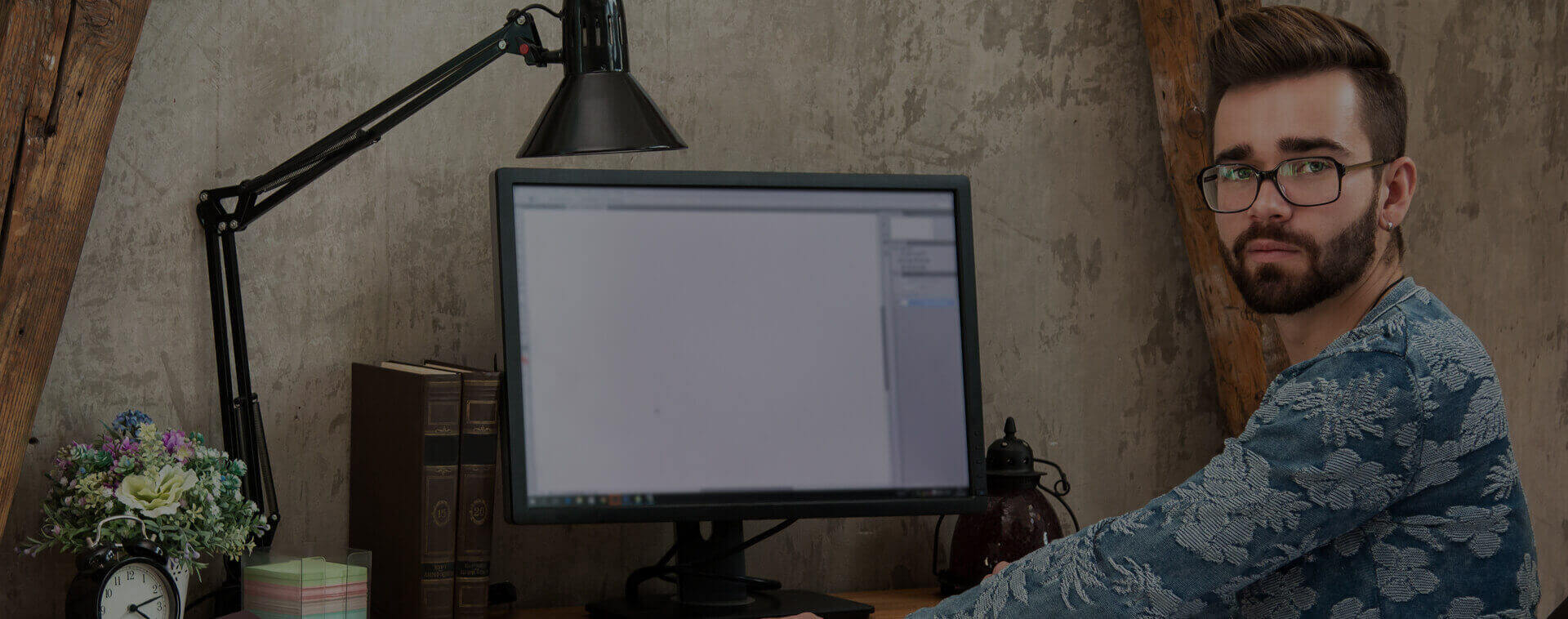Software formalise arbitrary choice as well as discrimination against “unattractive” class.
As we’ve retreated on the internet while in the pandemic, a few societal developments bring expidited. Amazon profits have actually leaped as, trapped home, we produced increasingly more buys on line, while matchmaking relocated around completely to programs such as for instance Tinder and Bumble as club and pub closures generated in-person socialising more complicated.
In early several months of pandemic, while loved-up lovers posted snaps of homemade bread on social media, lonely singletons flocked to matchmaking software aspiring to form an association. On Tinder tape-recorded three billion swipes, their highest wide variety in one time. On Bumble, videos telephone calls improved by 70 per cent.
In 10 years, online dating software has revolutionised courtship (the LGBT app Grindr established during 2009, followed by Tinder in 2012).
As stigma mounted on internet dating have vanished, an innovative new decorum and language keeps surfaced, from “ghosting” to “Netflix and chill” and the “deep like”. For hundreds of years, we found the considerable other people through parents or friends, where you work or at a bar or dance club. Yet even before the pandemic, connecting online had end up being the most widely used means for couples to meet up each other.
Much like the smart phones through which we access all of them, we’re apt to see dating software as extensions of our selves – as an electronic digital manifestation of our own innermost needs. But I’m increasingly unsure if this sounds like genuine. Because governmental scientist Langdon champion provides written: “If the ability of contemporary people shows us any such thing, it is that technologies are not simply helps to man task, but powerful power behaving to reshape that task and its particular meaning.”
Several points come into play once we are attracted to anybody in actual life: chemistry, https://www.worlddatingnetwork.com/mocospace-review/ an appropriate feeling of humour, gestures and charm all write everything we contact “attraction”. Matchmaking apps, by comparison, include funnelling our very own needs through progressively narrow conditions. These days, we sized up a potential lover through a luminescent screen, so real attractiveness is vital.
MANY THANKS
Yet the importance we put on actual appeal in someone is certainly not set, and technology comes with the potential to reshape all of our evaluation of the general value. Certainly, it has done this previously. Just like the United states psychologist David Buss mentioned 25 years back in the landmark book The progression of need, over just about any ten years since the advent of tv, the benefits mounted on “good styles” in someone became somewhat for men and ladies identical.
The critic Mia Levitin, author of The Future of attraction (2020), explained that people seek traits in someone online that they care and attention far less about in actual life. Put all of the males she’d ever outdated on an app, she informed me, and she’d probably swipe kept (reject) many.
Without a doubt, you can argue that not one of your issues; that dating programs include “just a touch of fun”. And formulas have been discovered to entrench discrimination more generally, thus dating applications can formalise prejudices. An average of, black colored girls, Asian males, and small boys of most ethnicities get substantially less fits on dating applications as opposed to others.
Online dating sites features helped millions find romance . However for young adults whom don’t complement to expectations of photogenic excellence on line, identification creation is taking place within a feedback loop of continuous rejection. In a 2016 learn, Tinder consumers had been discovered to own reduced confidence and a lot more human anatomy graphics problem than non-users.
People have long come intimately objectified; now matchmaking software include promoting a looking-glass business where men are subjected to similar demands. While ladies are frequently inundated with undesirable and degrading communications on internet dating apps, a guy of ordinary “attractiveness” can get to be well-liked by not as much as 1 % of females on Tinder.
As such, developing variety of teenage boys are looking at extreme plastic surgery, like jaw augmentation and leg stretching
to squeeze in with app-driven criteria of beauty. Douglas Steinbrech, among the “go-to” US-based doctors for men trying to “looksmax” (enhance one’s appearance through procedure), thinks a global in which “everyone is actually swiping remaining and swiping correct” provides caused “a seismic shift within our culture”, with “a significant improvement in the opinion of manliness and male perfection”.
For the superficial arena of online dating sites, enjoys, swipes and suits are thought to show one’s devote the newest intimate hierarchy. This heightened understanding of in which we sit, therefore the serious inequality created by matchmaking software, could be leading to festering resentment which makes males simple objectives for radicalisation to the dislike, misogyny and paranoia for the incel (“involuntary celibate”) society.
For years and years, historians and philosophers has traced tech’s part in framing culture.
There can be mounting evidence that individuals act differently on-line than we manage off-line. Equally, online dating programs is slightly reshaping our world while they remould our very own desires.
In recent times, most of us have started to re-examine the relationship with programs for example Twitter and Twitter. Maybe we’ll shortly check out the larger implications of outsourcing romance to algorithms – algorithms dreamed right up by companies that don’t become wealthy off happily ever afters.


